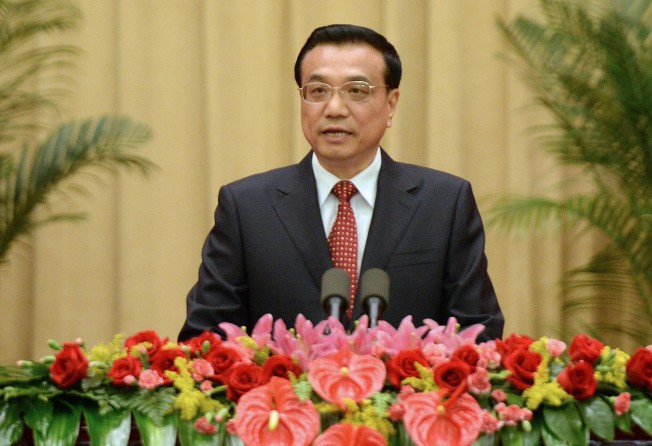Li Keqiang's turn to play starring role in Obama's absence

Beijing is likely to take further advantage of the absence of US President Barack Obama from major Asian regional summits to bolster its influence in the region when Premier Li Keqiang attends the East Asia Summit in Brunei today.
Li, who will also visit Thailand and Vietnam after the summit, will join the two top forums in Brunei - one between China and the 10-member Association of Southeast Asian Nations, and the other between China, Japan, South Korea and the Asean bloc.
The Chinese Foreign Ministry has already said Li will not hold bilateral talks with Japanese Prime Minister Shinzo Abe or Philippine President Benigno Aquino on the sidelines of the summit.
Li's trip is the latest highprofile move by Beijing to engage the Southeast Asian region, where Beijing has been entangled in maritime disputes over the South China Sea with several nations, in particular the Philippines and Vietnam.
President Xi Jinping has just wrapped up his own Southeast Asian tour, which took him on his first state visits to Indonesia and Malaysia, and his debut at the Asia-Pacific Economic Co-operation summit.
Obama pulled out of both the Apec summit in Bali and the Brunei meeting, sending Secretary of State John Kerry in his place.
Analysts expect Li to continue exploiting Obama's absence to advance Beijing's agenda.
"The absence of Obama is a boost for China," said Ksunanto Anggoro, a lecturer in strategic affairs at the National Defence University in Indonesia.
In previous East Asia summits, Washington has been the main advocate for discussions on the South China Sea dispute. This has irked Beijing, which opposes the issue being brought up on a multilateral platform, insisting it be discussed bilaterally.
At a briefing to discuss Li's trip on Monday, Deputy Foreign Minister Liu Zhenmin said the South China Sea dispute should be resolved through bilateral negotiations involving the countries directly concerned, and that intervention by outsiders would only complicate the situation.
Du Jifeng , a Southeast Asian affairs analyst at the Chinese Academy of Social Sciences, said territorial disputes would likely be raised at the summit by the US, Vietnam, the Philippines and Japan, which has an ongoing dispute with China over the East China Sea.
But without a strong US presence, Beijing would probably sidestep the issue and divert attention to economic and trade cooperation, Du said.
Indonesian Foreign Minister Marty Natalegawa told the South China Morning Post on the sidelines of the Apec summit that Beijing should understand that "a united Asean" would be in China's interest.
Du said Asean would neither like to be dominated by Beijing, nor want to upset the world's second biggest economy.
"Asean will try to avoid being seen as taking sides in the territorial disputes," he said.